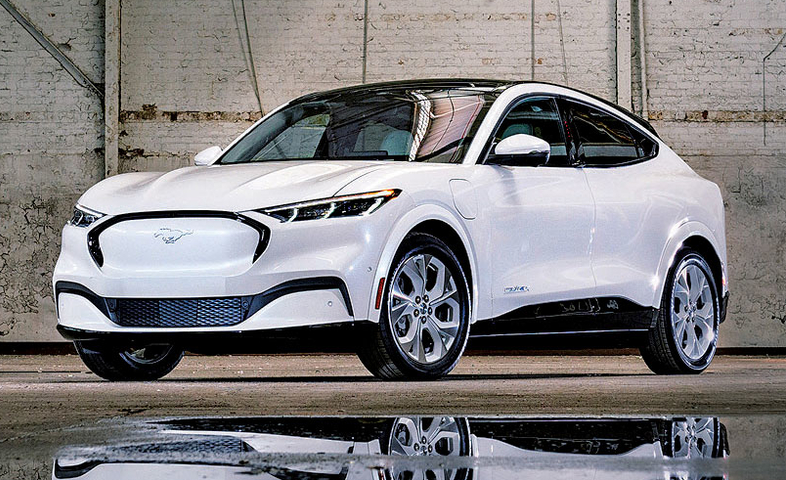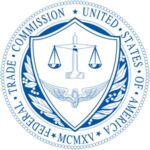Dealers will get an extra month to decide whether to spend up to $1.2M on chargers and other upgrades the automaker is requiring for certification to sell EVs after 2023.
DETROIT — Ford Motor Co. is giving its dealers an extra month to decide whether they will agree to invest up to $1.2 million and follow other new standards the automaker is imposing so they can sell electric vehicles after next year.
The Oct. 31 deadline has been pushed back to Dec. 2 after some retailers asked for more time to make a decision, according to Ford spokesman Marty Gunsberg.
“We value our relationship with our dealers and have decided to provide additional time for dealers who have not yet decided or asked for more time,” Gunsberg said in a statement.
He declined to say how many dealers have already opted in, saying Ford will provide figures after the enrollment period ends.
The new deadline more closely aligns with the Dec. 15 deadline Lincoln dealers face for a similar program requiring up to $900 million in investment. Dealers who sell both brands would have to invest in each program.
The Ford standards are divided into two tiers with different investment levels in fast chargers and staff training. Dealers who choose the lower dollar amount will be limited in the number of EVs they can sell.
Dealers who don’t make the upgrades will be limited to selling internal-combustion vehicles and hybrids from the Ford brand.
The EV sales cap has rankled some state dealer associations, who argue that it violates state laws. The Virginia Automobile Dealers Association earlier this month sent a letter to Ford CEO Jim Farley and other executives asking them to reconsider the program and revise the rules.
Separately, a group of automotive trade association executives, representing associations in Virginia and 11 other southern states, this week asked Ford to “reconsider the Ford Model e program as it is currently described,” saying it “includes unreasonable restrictions on dealer autonomy.” Model e is the name of the EV division that Farley created this year and oversees as its president.
The new sales standards require dealers to set nonnegotiable prices for EVs. Those who choose the lower-priced certification tier won’t be allowed to carry any EVs in inventory, with their customers having to order exactly what they want for later delivery.
Ford has said each of its roughly 3,000 U.S. dealers can choose whether to opt in to the standards, and it will not force any to do so.
Dealers who opt in will be certified to sell EVs from Jan. 1, 2024, until the end of 2026. Those who don’t will have another opportunity to be certified for EV sales starting in 2027, but again, won’t be required to do so to retain their franchise, officials have said.
Originally posted by Automotive News.




